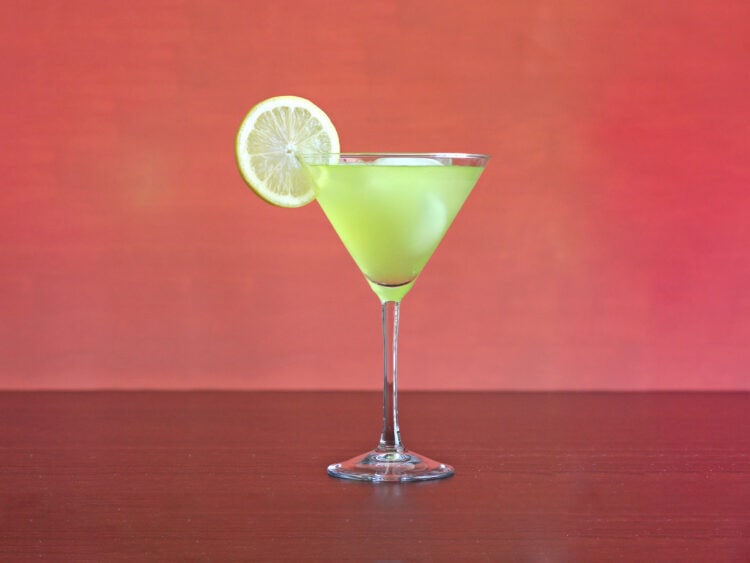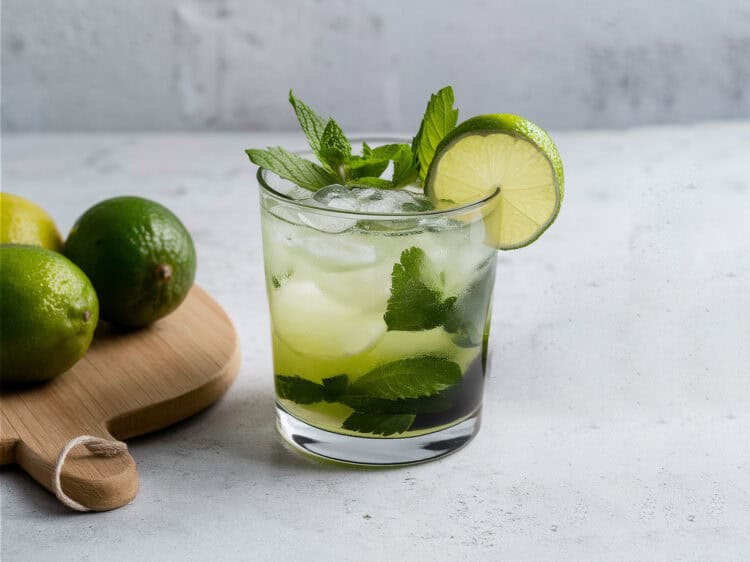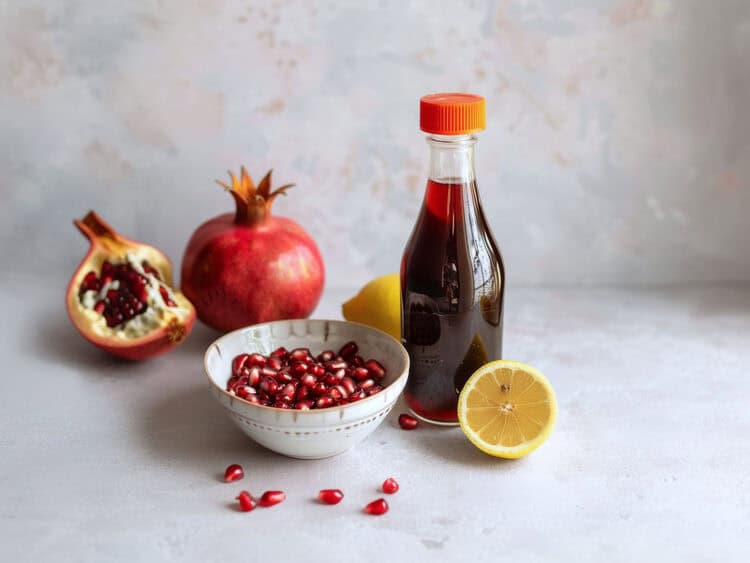Guide to the Different Types of Vermouth
If you enjoy martinis, aperitifs or nearly any other group of cocktails, you’ve probably come across vermouth. This fortified wine has been a staple in the world of mixology for centuries. But did you know that vermouth comes in various types and styles, each with its own unique flavor profile?

We’re going to explore the different types of vermouth, from the traditional dry and sweet varieties to the lesser-known aromatized and bianco options.
Introduction to Vermouth
Vermouth is a fortified wine that is flavored with various botanicals, herbs, and spices. It originated in Europe, with its roots tracing back to ancient Greece and Rome.
The word vermouth is derived from the German word “wermut,” which means wormwood, one of the key ingredients in the production of this aromatic beverage.
Dry Vermouth
Dry vermouth, also known as white vermouth, is a popular choice for those who prefer a more herbaceous and less sweet flavor profile.
It is made by infusing white wine with a variety of herbs and botanicals, including wormwood, coriander, and chamomile.
Dry vermouth is a key ingredient in classic cocktails such as the Martini and the Manhattan, and it adds a crisp and refreshing element to any drink.
Some top-rated brands of dry vermouth include:
- Dolin Dry Vermouth: Known for its light, subtle flavor. Dolin is a French brand that’s well-regarded in the world of vermouth.
- Noilly Prat Original Dry Vermouth: This French brand is a classic choice for many bartenders.
- Martini & Rossi Extra Dry Vermouth: An Italian vermouth that’s commonly used in martini cocktails.
- Cinzano Dry Vermouth: Another popular Italian brand, Cinzano is known for its balanced and smooth flavor.
- Carpano Dry Vermouth: This Italian vermouth is more herbal and less sweet than its counterparts.
- Vermouth Perucchi Blanco: This Spanish vermouth is less known but highly appreciated by vermouth connoisseurs for its unique taste.
Sweet Vermouth
On the opposite end of the spectrum, we have sweet vermouth. Also known as red vermouth or Italian vermouth, this variety is characterized by its rich and sweet taste.
Sweet vermouth is made by fortifying red or white wine with a blend of herbs, spices, and caramelized sugar.
It adds depth and complexity to cocktails such as the Negroni and the Manhattan, and it can also be enjoyed on its own as an aperitif or digestif.
Some highly-rated sweet vermouth brands includes:
- Carpano Antica Formula: An Italian vermouth known for its rich, complex flavor.
- Punt e Mes: A darker and slightly more bitter Italian sweet vermouth.
- Dolin Rouge: A French vermouth that is lighter and less sweet than many of its counterparts.
- Cinzano Rosso: This Italian vermouth is smooth and has a slightly bitter aftertaste.
- Martini & Rossi Rosso: A well-known Italian brand, it’s sweet with a hint of bitterness.
- Cocchi Vermouth di Torino: This Italian brand is praised for its balanced flavors.
- Noilly Prat Rouge: This French vermouth is less sweet and has a dry, rich flavor.
Aromatized Vermouth
Aromatized vermouth is a lesser-known variety that offers a unique twist on the traditional vermouth formula. This type of vermouth is infused with a wide range of aromatics, including fruits, flowers, and even bitters.
This style of vermouth comes in a variety of flavors, such as citrus, floral, and herbal. It adds a burst of complexity and fragrance to cocktails and is a favorite among adventurous mixologists.
Cocktail recipes don’t typically call for this type of vermouth, but you can use it in any recipe calling for vermouth. It’s also enjoyed on its own, neat or on the rocks.
Bianco Vermouth
Bianco vermouth, also known as white vermouth, is a sweeter and more delicate version of the traditional dry vermouth. It is made by blending white wine with a combination of herbs, spices, and botanicals.
It has a slightly bitter and floral taste, making it a versatile ingredient in a wide range of cocktails. It pairs particularly well with gin and vodka-based drinks, adding a touch of elegance and sophistication.
Regional Variations
Just like wine, vermouth also has regional variations that showcase the unique flavors and styles of different countries.
For example, French vermouth tends to be drier and more herbaceous, while Italian vermouth is often richer and sweeter.
Spanish vermouth, on the other hand, is known for its bold and intense flavors, with a focus on bitter botanicals. Exploring these regional variations can be enjoyable if you’re a vermouth enthusiast.
Tips for Enjoying Vermouth
Now that you have a better understanding of the different types of vermouth, here are a few tips to enhance your vermouth-drinking experience:
- Serve vermouth chilled, either straight or on the rocks, to fully appreciate its flavors.
- Experiment with different vermouth varieties in classic cocktails to discover your preferred flavor combinations.
- Pair vermouth with complementary snacks, such as olives, charcuterie, or cheese, to elevate your aperitif experience.
- Store vermouth in a cool, dark place to preserve its flavors and prevent oxidation.
Last Updated:












